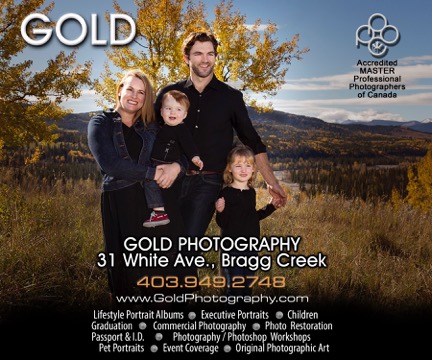To Light or Not to Light
In a previous article I did on landscaping to deter criminals, one of the practices suggested was the judicious use of light. There is a debate among experts, and among neighbours over whether outdoor lighting deters crime on your property or not.
First of all, what time of day do most burglaries occur? FBI crime statistics in 2012 have drawn a conclusion that the majority of home burglaries happen in the daytime, rather than at night. This is usually attributed to people being away at work. However, during a ride-along I had in 2020 with Turner Valley RCMP, when I asked Constable Scharff about his thoughts on rural Break and Enters, he said the majority of them occur at night or when owners are away for an extended period of time. In this particular case I would defer to Turner Valley RCMP since they are local, and they are rural.
One of the other things the RCMP has said concerning the deterrence of criminal activity is to use lighting, “Criminals are like rats, they run away from light”.
Which brings us to the important question, does lighting actually deter criminal activity at night? Roland Dechesne, who has studied light pollution for over 30 years and is a member of the Royal Astronomical Society of Canada, a landowner in Foothills County (but lives in Vulcan County), has said that lighting up your yard/acreage/farm at night may actually encourage criminals. Roland spoke at the Millarville Racetrack at a HCRCWA meeting 11 years ago on lighting and crime. During the discussion period after his talk, numerous residents who did not have a yard light reported none, or very little crime. Meanwhile residents who had a yard light experienced more crime. Why is that?
Roland speculates that since a lot of crime is a crime of opportunity, a thief is likely to take what he can see. If a yard is purposefully lit up, a thief can see what you’ve got – his “targets” so to speak. It’s equivalent to urban thieves seeing an Amazon package on the porch. On the other hand, if it’s dark, then there are no targets to be seen. This line of thinking is re-enforced by Marcus Felson, a professor at Texas State University and an expert in criminal justice who states, “If you’re in a rural area, you’re basically in a secluded area — you’re better off turning off the lights because the lights would help an intruder actually see.”
If you need to see where you are going or what you are doing on your property at night, one solution is to turn on a barn light/yard light while you are working, but then turn it off when you are done. Another solution is motion sensor lights. A motion-sensored light comes on while you are there, but then goes off after you’ve left. In both circumstances the yard is unlit except when you need it.
Roland made a point of another important factor: there is a link between an increase in crime and less surveillance. Therefore, when people are around, crime goes down. If you leave your outdoor lights on, but if it’s obvious no one is home, or the owners are asleep, then leaving outdoor lights on does not help. Roland says, “People feel safer, but they’re not actually safer”.
One thing I have not seen mentioned anywhere is that if your property is dark then intruders are going to have to bring their own light. It might be vehicle lights, a flashlight or something else. Whatever it is, it will be noticeable. If you are not home, obviously you won’t notice it, but a neighbour might. If you’re asleep and the dog starts barking, or you hear a vehicle crashing through your locked gate, or your home security system goes off, you’re likely to notice the light from an intruder. This is why you need to use as many defenses as possible to deter criminals, and not just adopt one deterrent.
If you do choose to use outdoor lighting at night, please follow the Foothills Dark Sky Initiative bylaws to help prevent light pollution. Three basic tenants of Dark Sky Lighting are: 1) use Dark Sky compliant lighting where the light fixture only allows light to be projected down and not up into the sky, 2) turn off outdoor lights when you are not using them, or use motion sensor lighting, and 3) use light that is toward the Amber side of the spectrum rather than Blue light. Blue light upsets the circadian rhythms of plants, animals, and you.
Dave Schroeder
HCRCWA Board Member


























